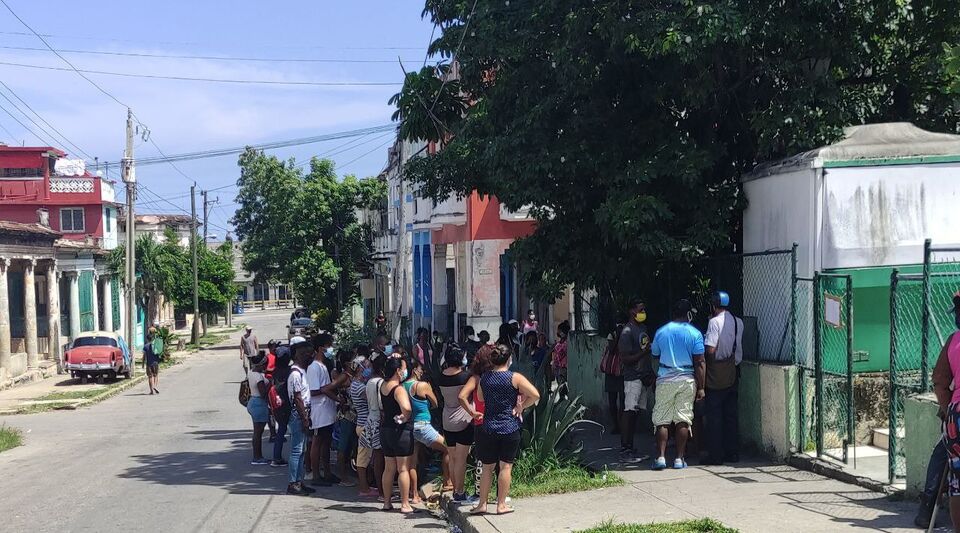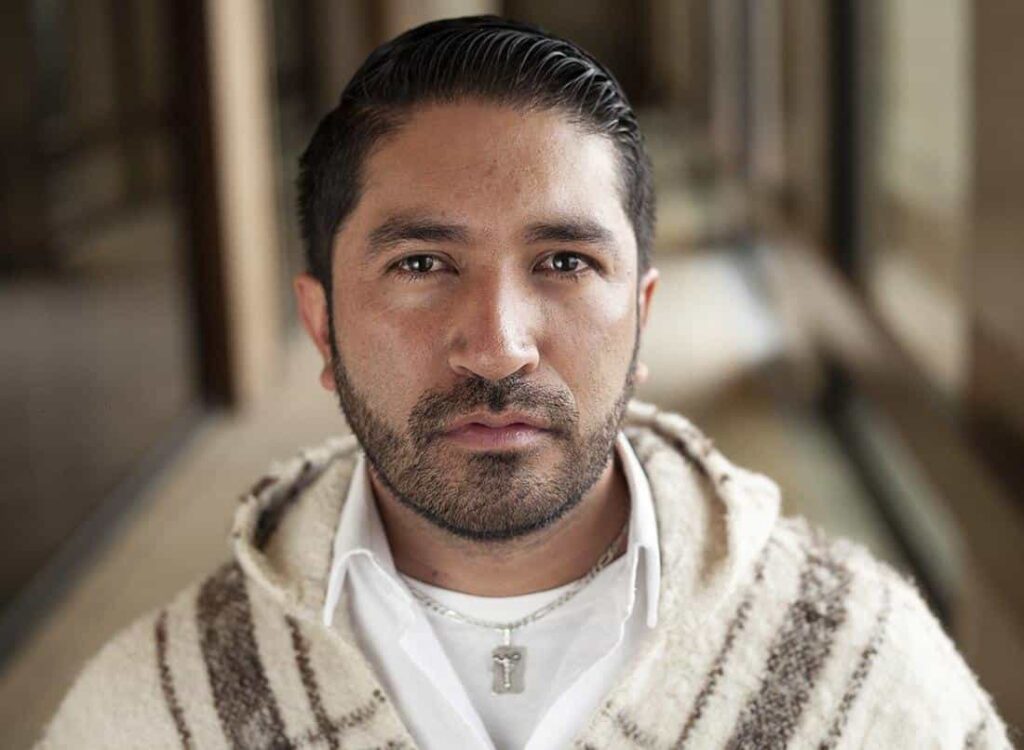The UN General Assembly This Wednesday began its annual debate on the embargo to Cuba, which will culminate on Thursday with the vote for the thirtieth time on a motion for a resolution to condemn that policy and demand its end.
The text, which Cuba has presented to the Assembly since 1992, has always gone ahead with overwhelming majorities and hardly any votes against it, beyond the United States and some of its most faithful allies such as Israel.
The United States, in fact, even abstained in the 2016 vote, in the midst of the process of rapprochement with Cuba by the Barack Obama Administration, which allowed the resolution to go ahead without opposition, although it returned to its traditional rejection of the Donald Trump’s hand.
Discussion takes place in #UNGA77 of the theme “Need to put an end to the economic, commercial and financial blockade imposed by the United States against #Cuba”
Our just claim to live #BestNoBlock will have renewed support from the international community. pic.twitter.com/27DkFTXJ9U
– Bruno Rodríguez P (@BrunoRguezP) November 2, 2022
Last year, in its first opportunity to speak out – in 2020 there was no vote due to the pandemic – the Joe Biden government maintained the “no”.
This Wednesday, at the beginning of the debate, different countries and regional groups once again expressed their rejection of the US embargo and denounced the effects it has on Cubans.
Argentina, on behalf of the Community of Latin American and Caribbean States (CELAC), lamented that the blockade remains a reality despite the steps that were taken between 2015 and 2016 to start a process of diplomatic normalization between the US and Cuba.
“Its permanence as the main obstacle to the normal development of Cuba is undeniable,” said the Argentine ambassador, María del Carmen Squeff, who also expressed the group’s rejection of the “extraterritorial effects” of the US measures and the “unjust inclusion of Cuba.” on its list of State Sponsors of Terrorism.
On behalf of the Central American Integration System, the Dominican Republic expressed its full solidarity with Cuba and highlighted, among other things, Cuba’s support for other countries during the COVID-19 health crisis.
“In a complex international context, Cuba continues to be the object of an unjustified economic, commercial and financial blockade that, in addition to undermining its ability to overcome the current effects of the pandemic, has hindered its national project for the last three decades towards reaching the sustainable development”, pointed out the Dominican delegation.
Mexico, Venezuela, Honduras, Russia and China were the first countries to take the floor individually to denounce the US embargo and the violation of international law that it entails.
CELAC reaffirms its rejection of the United States economic sanctions against Cuba
“This is a policy of economic terrorism that, due to its extraterritoriality, affects any country or entity that intends to maintain, in a legal and sovereign manner, economic, commercial or financial relations with the sister Republic of Cuba,” said the permanent representative. alternate from Venezuela, Joaquín Pérez.
“Despite what the U.S. government may claim to justify its aggression, it is not about a bilateral issue or an embargo against Cuba only, since it is a policy that affects the entire international community. , in contravention of the norms of international law and even of the multilateral trading system itself,” he added.
Among those present in the hemicycle was the Cuban foreign minister, Bruno Rodríguez, who will speak on Thursday to officially present the draft resolution before being voted on and who recently revealed a record impact of 3,806.5 million dollars as a result of the United States embargo on the Island in seven months, between August 2021 and February 2022.
In addition, according to what was reported by Rodríguez, during the first 14 months of the government of Democrat Joe Biden, the damage caused to Cuba by the embargo amounted to 6,364 million dollars, “also a historical record.” This, the minister pointed out, is equivalent to affectations of more than 454 million dollars per month and more than 15 million dollars per day.
In this way, in the six decades of application of this policy, the accumulated damages add up to 154,217 million dollars at current prices, a figure that the foreign minister considered “exorbitant for a small economy, without great natural resources, insular, underdeveloped, such as the Cuban”.
At the value of gold, taking into account depreciation, these accumulated damages exceed one trillion dollars (1,391,111,000,000).
EFE / OnCuba.














